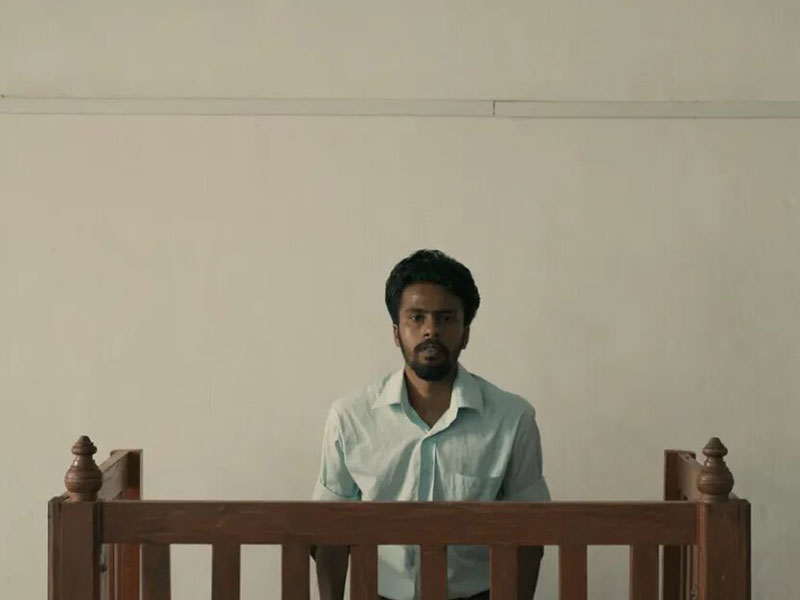Munnel directed by prominent filmmaker Visakesa Chandrasekaran is a thought-provoking and experimental film that explores the human experience in Sri Lanka’s haunted and turbulent history.
The film premiered at the Melbourne International Film Festival (MIFF), a platform known for promoting creative filmmaking, and is a testament to the film’s enthralling synthesis of artistry and historical relevance.
The film is set against the backdrop of the Sri Lankan civil war, which lasted from 1983 to 2009. The war pitted the Sinhalese majority government against the Tamil minority, who were seeking an independent state.
Munnel explores the human cost of the war, both in terms of the physical and emotional toll it took on those who were directly affected, as well as the long-term legacy of trauma and division that it left behind.
The film is experimental in its use of non-linear narrative and its blending of documentary and fiction. This gives the film a raw and visceral feel, as it brings the viewer right into the midst of the violence and chaos of the war.
The film also features a strong cast of performances, which help to bring the characters to life and make their stories all the more compelling.
Munnel is a challenging film, but it is also an important one. It is a film that needs to be seen, not only because of its artistic merit, but also because of its important message about the human cost of war.
If you are looking for a film that will stay with you long after you have seen it, then Munnel is definitely worth a watch.
This is what Tharupathi Munasingha prominent musicologist, who watched the film at the Australian screening had to say “Chandrasekaram’s realistic description of the “no fire zones” immerses the audience in their terrifying reality.
The devastating shelling in these apparently safe havens is shown in depth, giving viewers a deep feeling of the tragedies.
Here are some of the experimental aspects of the film:
- The film uses a non-linear narrative, which means that the events are not presented in chronological order. This can be disorienting at first, but it also helps to create a sense of the chaos and confusion of the war.
- The film blends documentary and fiction. This means that the film includes real footage of the war, as well as fictionalized scenes. This helps to create a more realistic and immersive experience for the viewer.
- The film features a strong cast of performances. The actors bring the characters to life and make their stories all the more compelling.
I encourage you to watch Munnel if you are interested in learning more about the Sri Lankan Civil War and its impact on the people of Sri Lanka. It is a challenging film, but it is also an important one.







